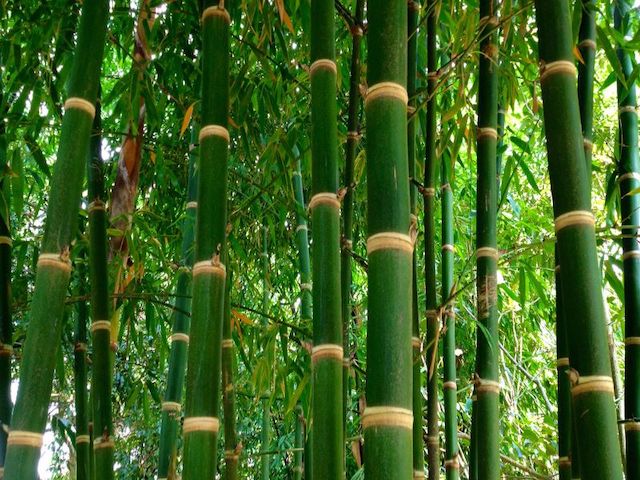World Bamboo Day: Empowered prosperity through Bamboo
Regards,
Related Articles
Tropical Cyclone Gezani Causes Widespread Destruction in Madagascar, Death Toll Reaches 31
Tropical Cyclone Gezani has devastated Madagascar, resulting in the deaths of at least 31 individuals and leaving four others unaccounted for, according to the...
Ghostly Elegance Beneath the Waters of Kaindy Lake in Kazakhstan
Kaindy Lake, located in Kazakhstan's Tian Shan Mountains, presents a striking natural wonder that resembles a scene from a fantasy. Eerie tree trunks emerge...
That ‘Legal Robbery’ We All Pretend Not to See?
In 2017-18, I did something that surprised even myself. I spray-painted 3 words on a public wall: #TaxationIsTheft. The media covered it, and surprisingly,...



 Ms Neelam Chhiber is Founder & Director at Industree Crafts Pvt. Ltd. An Industrial Design graduate from NID, Ahmedabad, Neelam has for the past three decades been working with artisans in rural areas, by providing design, technical, marketing and management solutions to bridge the urban-‐rural chasm. Over the years, Neelam and her team have built a holistic ecosystem that works with rural communities in India to equip them with the necessary skills and tools to set up self-owned enterprises close to their homes.
Ms Neelam Chhiber is Founder & Director at Industree Crafts Pvt. Ltd. An Industrial Design graduate from NID, Ahmedabad, Neelam has for the past three decades been working with artisans in rural areas, by providing design, technical, marketing and management solutions to bridge the urban-‐rural chasm. Over the years, Neelam and her team have built a holistic ecosystem that works with rural communities in India to equip them with the necessary skills and tools to set up self-owned enterprises close to their homes.